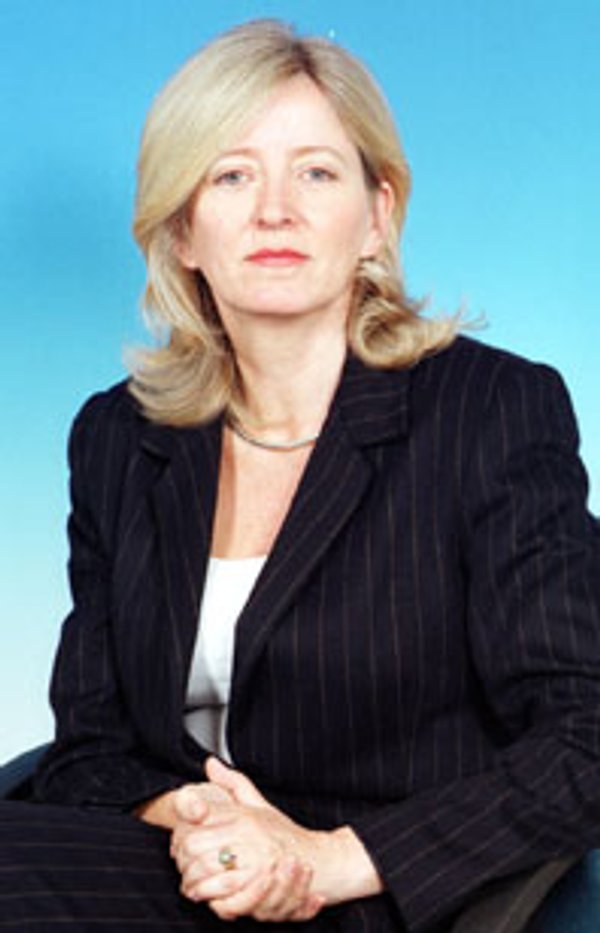Defamation Bill proposals soon, says McDowell
Proposals for a new defamation Bill could be brought before the Government before the end of this year, the Minister for Justice, Equality and Law Reform has said.
However, Mr McDowell said that he is not now convinced of the need for any changes in the law on privacy.
Addressing a conference on the Irish media at the weekend, Mr McDowell indicated that he was "broadly supportive" of the emerging consensus that any press council would not be subject to political appointment.
But he stressed that this was only his "preliminary reaction" and the decision would ultimately rest with the Government.
The Minister regretted that the issue of a statutory press council had dominated media coverage to the exclusion of other important recommendations made last year by the Legal Advisory Group on Defamation.
These included the proposed new defence of "reasonable publication"; a suggested rebalancing of the roles of judge and jury in High Court libel actions; the Circuit Court to have jurisdiction in all defamation cases where damages claimed do not exceed €50,000; and a recommended one-year limitation period for taking actions.
But Mr McDowell added that the debate on defamation had at least persuaded some in the media that there was an issue about standards: "The media are better at giving it than taking it. If one criticises the media, the jaded cliche that one is killing the messenger will be flung back. Until this, there had not been a significant debate on the issue." The Minister was giving the opening address at the 10th Cleraun Media Conference.

The event, which is held biennially, is organised by Opus Dei, a prelature of the Catholic Church devoted to helping Christians "strive for holiness in and through their work".
This year's conference took the theme of "professional integrity" in the media.
On the issue of privacy, Mr McDowell said he was not convinced the existing law needed changing. The constitutional right to privacy had been vindicated by a number of cases, including that taken by journalists Geraldine Kennedy and Bruce Arnold, "following the wrongful tapping of their telephones". The potential of the existing Irish law on privacy was also illustrated by the 1997 Bermingham case, in which a professional model successfully sued a tabloid newspaper over surreptitiously-taken photographs.
"The question for legislators is whether, since breach of privacy is already recognised as being actionable, there is anything significant that might be done by way of legislation. Nothing has emerged to date which suggests that approach."
The Minister acknowledged the media in Ireland had embarked on the task of drafting a code of standards.
______________________________________________
Stadium decision 'an indirect result' of FOI

The decision to build a new national stadium at Lansdowne Road was "at least an indirect result" of the Freedom of Information Act, the Ombudsman, Ms Emily O'Reilly, told the Cleraun media conference.
Ms O'Reilly said it was through records accessed under the Act that the public learned of "potential cost overruns and other problems" relating to the Sports Campus Ireland project at Abbotstown.
"Armed with that information, the public and other interested parties could properly engage in the debate on whether the Government should press ahead with it or not. The net result is the decision that was made in January."
However, she warned that official figures would almost certainly show that the number of media requests under the Act fell during 2003, when the Government introduced a fee-charging regime and restrictions on the information that could be sought. "If this slide continues, the implications for the FOI could be serious," she added.
As Ombudsman, Ms O'Reilly said, she had to balance the "battling twins" of the right to know and the right to privacy. A request for details of the salaries of RTÉ's top 20 presenters highlighted the conflict between these competing rights. She had recently decided in favour of releasing the information, although the decision was still open to appeal.
Other speakers at the Cleraun seminar included French media expert Mr Renaud de Clermont-Tonnerre, who cautioned against the growing influence of "hidden persuaders" - spin-doctors, public relations firms, and advertisers - in editorial decision-making.
He said such influences were "the bitter fruits" of the media's evolution into a market-driven and profit-oriented industry. They threatened the "moral contract" between media and reader or audience, he added, and their power had only been strengthened by the caution many companies and institutions now exercised towards the press.
It had become much harder for journalists to get, and to double-check, facts.
"When information is rare, information has a price. The communications agents working in business and politics are in an optimum position to negotiate deals with journalists: scoops are selectively leaked, exclusive interviews are granted with leaders or directors, in exchange for which they require - or at least implicitly expect - positive reporting and 'good behaviour'."
New York Times writer Diana Henriques warned of the particular challenges facing business journalists. Conflicts of interest were not new in finance journalism, she said.
The US Congress inquiry into the factors that caused the 1929 Wall Street Crash found that a number of influential finance journalists in New York had been "on the take", accepting pay-offs for favourable stories about stocks that traders wanted to dump on the public.
To prevent such occurrences, the New York Times had draconian rules for staff and freelance journalists alike, including bans on the buying and selling of options or futures contracts, or involvement in short-selling of any kind.
© The Irish Times
